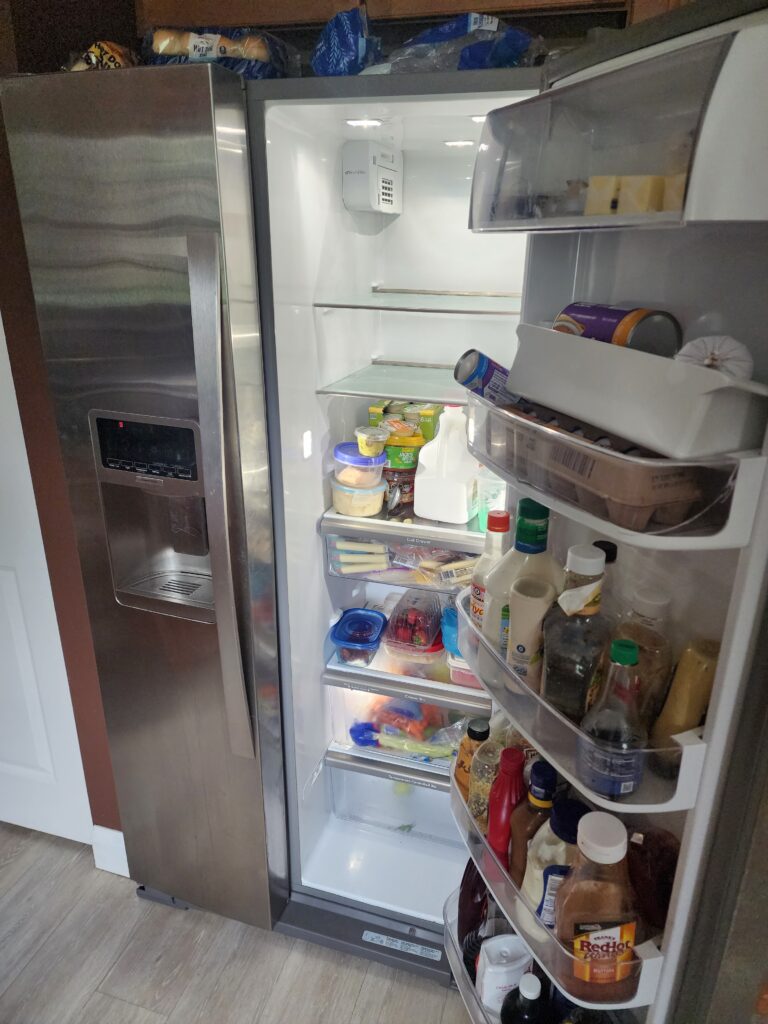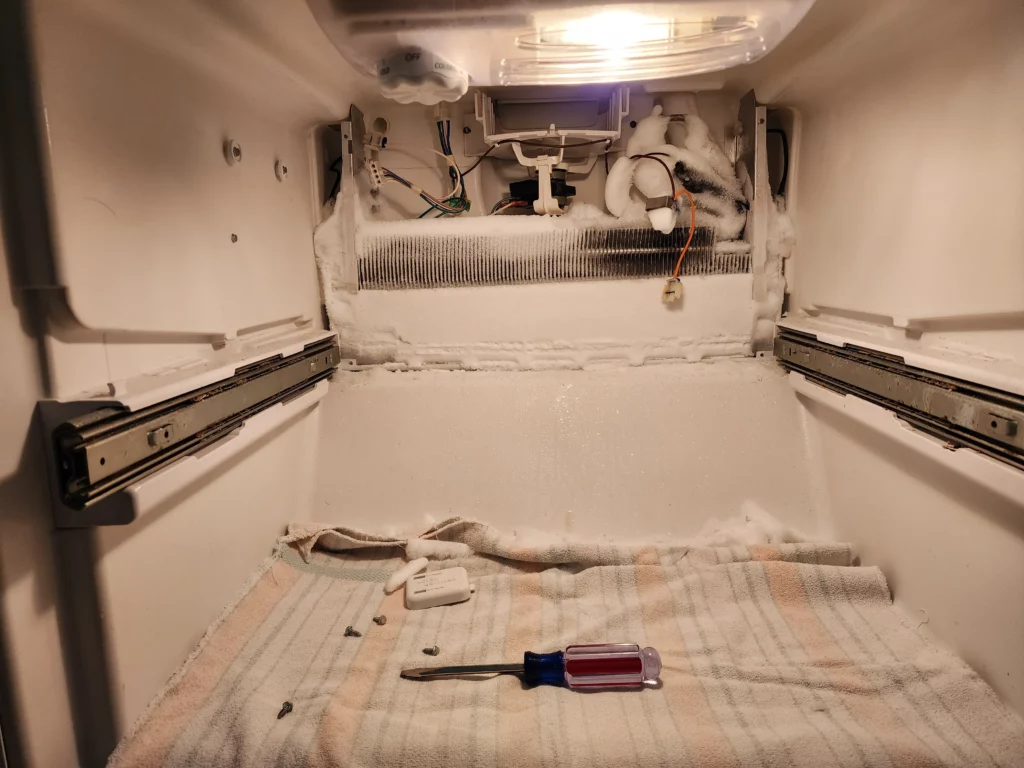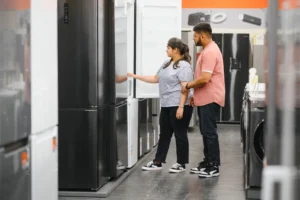Understanding the energy consumption of household appliances is crucial for managing electricity usage and optimizing efficiency. Among these appliances, refrigerators stand out as one of the most significant contributors to energy consumption in the home. But just how many watts does a refrigerator use? Let’s delve into the intricacies of refrigerator energy consumption to shed light on this critical topic. Most importantly, let’s answer your question about how many watts does a refrigerator use.

About Refrigerators
Refrigerators are indispensable appliances that operate continuously to keep our food fresh and safe for consumption. Their energy consumption can vary significantly depending on factors such as size, age, efficiency rating, and usage patterns. Generally, modern refrigerators are designed to be more energy-efficient than their older counterparts, thanks to advancements in technology and stricter energy efficiency standards. However, it’s essential to understand the typical energy consumption of refrigerators to make informed decisions about energy usage and appliance purchases.
Refrigerator Power Consumption
The power consumption of a refrigerator is measured in watts, which represent the rate at which it consumes electricity. To determine the wattage of a refrigerator, you’ll need to consider both its nominal power rating and its operating patterns. On average, a standard refrigerator consumes anywhere from 100 to 800 watts of electricity, depending on its size and features. Larger refrigerators with more advanced features such as ice makers, water dispensers, and multiple compartments tend to consume more power than smaller, basic models. Additionally, older refrigerators may be less energy-efficient and consume more power compared to newer, ENERGY STAR-certified models.

Wattage Used
While the wattage of a refrigerator provides insight into its energy consumption, it’s essential to consider its energy efficiency rating as well. ENERGY STAR-certified refrigerators meet stringent energy efficiency guidelines set by the U.S. Environmental Protection Agency (EPA) and the Department of Energy (DOE). These refrigerators are designed to consume less energy without sacrificing performance, helping homeowners save money on their electricity bills while reducing their carbon footprint. When shopping for a new refrigerator, look for the ENERGY STAR label and compare the estimated annual energy consumption to make an informed decision.
In addition to the refrigerator itself, other factors can influence its overall energy consumption. For example, the ambient temperature of the room where the refrigerator is located can impact its efficiency. Placing the refrigerator in a cool, well-ventilated area away from heat sources such as ovens and direct sunlight can help it operate more efficiently and consume less energy. Additionally, proper maintenance, such as cleaning the condenser coils and ensuring a tight door seal, can optimize the refrigerator’s performance and reduce energy waste.

Optimizing Your Energy Use
To further optimize energy usage, consider implementing energy-saving practices such as organizing the refrigerator to improve airflow, minimizing door openings, and allowing hot foods to cool before placing them inside. By adopting these simple habits, you can reduce the workload on your refrigerator and lower its energy consumption without compromising food safety or storage quality.

Conclusion
In conclusion, understanding the wattage and energy consumption of a refrigerator is essential for managing electricity usage and maximizing efficiency in the home. While the average refrigerator consumes anywhere from 100 to 800 watts of electricity, factors such as size, age, efficiency rating, and usage patterns can influence its power consumption. By investing in an ENERGY STAR-certified refrigerator and implementing energy-saving practices, homeowners can reduce their energy bills, minimize their environmental impact, and enjoy the benefits of a well-maintained and efficient appliance.


